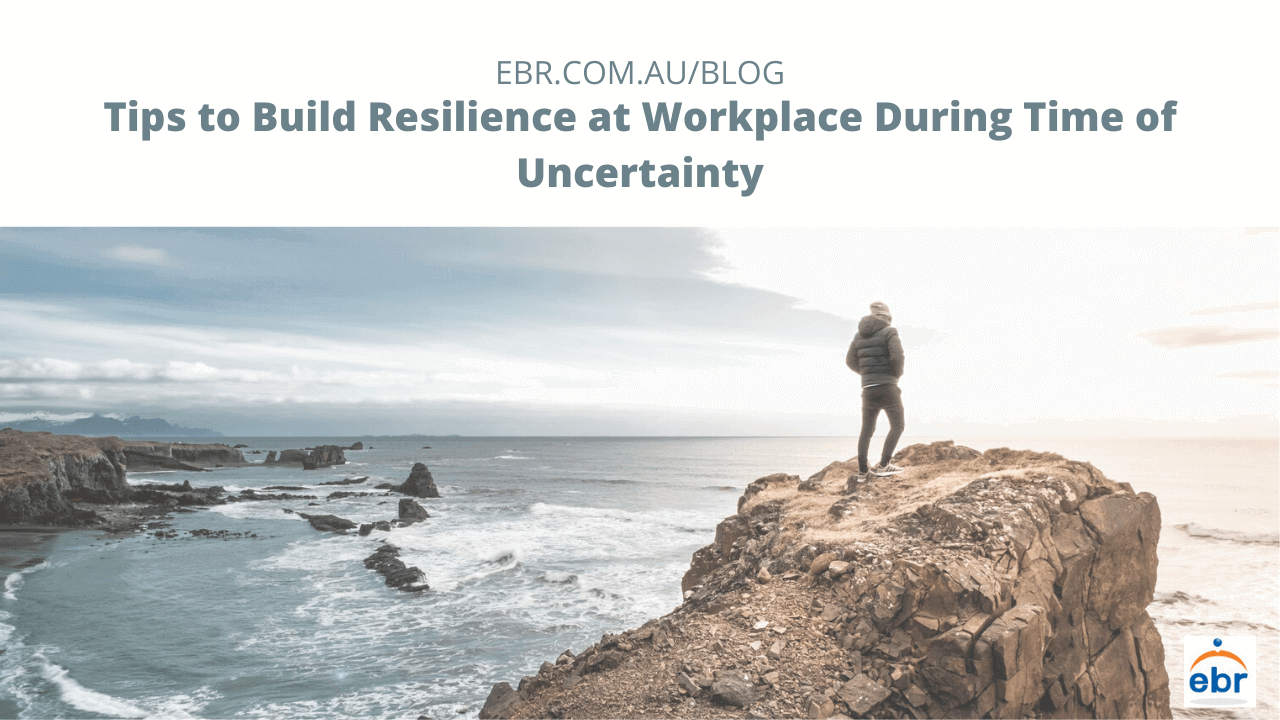Tips to Build Resilience at Workplace During Time of Uncertainty
Mary Holloway once said, "Resilience is knowing that you are the only one that has the power and the responsibility to pick yourself up”. Today workplaces are surrounded by deadlines, competition and the growing challenge of Covid-19. We fail, then stand up and walk again.
The question is: How to stand up and bounce back? Developing resilience in today’s workplace is as important as anything else.
Why resilience is important in the workplace?
- Adaptability: When facing uncontrollable events, resilient people don’t run away, they adapt and take action.
- Commitment: Resilient people are more committed to their goals and the process to achieve the goal. They stay inspired and never stop pursuing their passions.
- Respond better to pressure: Resilient people tend to cope better with stress; they practice mental toughness, flexibility and bounce back.
- The ability to learn from mistakes: Resilient people don’t let setbacks and failures define them, they perceive as an opportunity to learn and grow from it.
Since resilience is a vital trail in workplaces, employers can coach and help staff to develop resilience while minimising the impact on their mental wellbeing. Here are a few tips to build resilience for your team during Covid-19:
1.Build a S.M.A.R.T GOAL
- Goals set a sense of purpose and motivation. Therefore, it’s important that employees can acknowledge the goal and steps to achieve them. Set a goal that is realistic and inspirational that keep them move towards in the long road. Allow your employees to talk and seek guidance from you. Check out our latest post for “ How to build a S.M.A.R.T goal” for more tips.
2.Promote a healthy workplace environment
- Resilience training workshops
- Flexible working arrangements and workloads
- Virtual stress coping coaching and mentoring
- Covid-19 self-care guidance
- Promote an open and trusting leadership
- One on one support
3.Build a supportive community at work
Healthy, positive relationships are not only critical for developing resilience; they also increase a sense of wellbeing and help people cope better with stress. Communicate change initiatives to your team members, especially to those who are more resistant to changes. Consider these tips:
- Hosting virtual social events
- Encourage teamwork
- Keep communication channels open
- Take decisive actions
We can’t control stressful situations from happening, but we can control how we interpret and respond to these challenges. Therefore, address the problem decisively and respond to it rather than detaching and avoid it completely. Try to consider the stressful event in a wider context and keep an optimistic perspective for you and your staff. Develop solutions that can have great effect both in the short and long term.
Leadership programs often address the topic of resilience, but only true successful leadership can understand the importance of resilience and implement it in workplaces. It’s not only important to drive goals, but also help the company to stand up and respond effectively to setbacks and failure.



